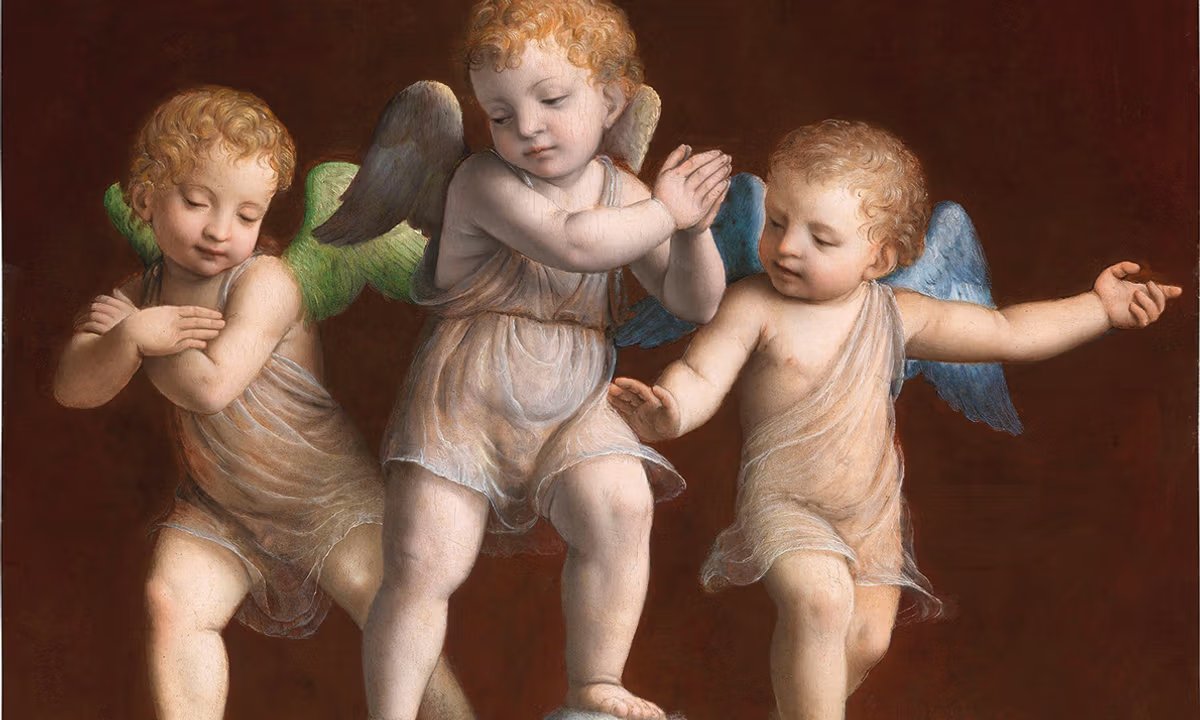Warren Buffett’s unexpected decision to invest in Japan during the 2020 pandemic seems to have paid off, and no one appears more pleased than Berkshire Hathaway Inc. Vice Chairman Charlie Munger.
The strategy was a departure from the company’s well-known preference for American enterprises like Apple Inc., the Coca-Cola Co., Bank of America Corp. and American Express Co. The company’s portfolio has often been a testament to its confidence in the U.S. market. Speaking on the Acquired podcast in October, however, Munger pointed out that the Japanese investment was a distinctive and lucrative opportunity that couldn’t be passed up.
Don’t Miss:
“If you’re as smart as Warren Buffett, maybe two, three times a century, you get an idea like that,” Munger said on the podcast. He cited Japan’s low interest rate environment as a key factor, saying, “The interest rates in Japan were 0.5% a year for 10 years, and these trading companies were really entrenched old companies.”
Berkshire Hathaway’s strategy involved borrowing money in Japan at a mere 0.5% interest and investing in companies there that offered a 5% dividend yield.
“It was like having God just opening a chest and just pouring money into it,” Munger said.
Initially, Berkshire Hathaway declared a $6 billion investment across five Japanese trading houses — Itochu International Inc., Marubeni Corp., Mitsubishi Corp., Mitsui & Co. Ltd. and Sumitomo Corp. Group — in August 2020. That investment has grown substantially and is now valued at approximately $17 billion, thanks in part to both additional share purchases and soaring stock prices of the companies involved.
Munger provided more detail on the mechanics of the investment, indicating it wasn’t an overnight success but rather a result of patient, incremental actions.
Trending: Get equity and front row seats to the startups and small businesses you love — for as little as $100.
“The only way you could get it was to be very patient and just pick away at little pieces at a time. It took forever to get $10 billion invested, but it was awfully easy money,” Munger said.
In contrast, U.S. interest rates have escalated to over 5% since last spring, adding another layer of context to the wisdom of this Japanese trade.
“We could do that, nobody else could,” said Munger, highlighting that Berkshire’s strong credit rating gave them access to such favorable borrowing terms in Japan.
In the Acquired podcast interview, the host pointed out a paradox: While Berkshire Hathaway’s excellent credit allows it access to low-interest loans, the company’s enormous scale makes it challenging to invest sufficiently large sums. In response, Munger agreed, stating, “That’s true, but why shouldn’t it be hard to make money? Why should it be easy?”
Before the podcast, at Berkshire Hathaway’s annual shareholders meeting in May, Buffett shared insights into these investments, noting that the selected companies were “ridiculously” cheap and compatible with Berkshire’s long-term vision.
Andrew McCagg of Nomura Asset Management UK Ltd. also offered his perspective on the investment.
“Improving shareholder returns were likely a bigger factor in Buffett’s decision to buy Japanese trading houses than some of the other factors,” he told Insider via email.
Berkshire Hathaway’s Japanese investments, as described by Munger, represent a special kind of opportunity: high rewards for low risk. The investment appears to be a case study in successful financial strategy, blending patient capital allocation with keen market observation.
In the realm of high-reward, low-risk investments, fine art presents another intriguing opportunity. Masterworks is a platform that has democratized access to the art market, traditionally considered an investment playground for the ultra-wealthy. Through Masterworks, everyday investors can now own shares in high-value artwork from renowned artists like Banksy and Jean-Michel Basquiat. This offers a unique chance to invest alongside billionaires, without needing a Berkshire Hathaway-sized budget.
According to data from various sources, including Art Market Research, fine art has outperformed the S&P 500 over the long term, further validating its investment potential. Like Berkshire Hathaway’s calculated risk in Japan, investing in art through platforms like Masterworks can provide a potentially lucrative yet relatively stable avenue for building wealth.
Read Next:






